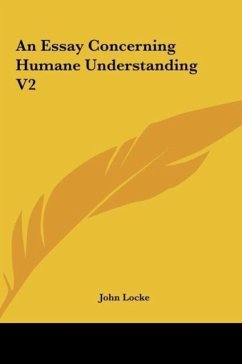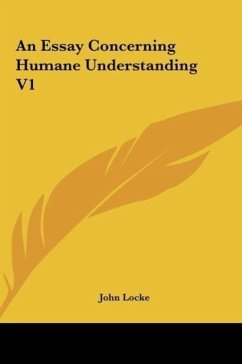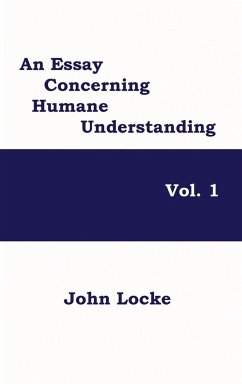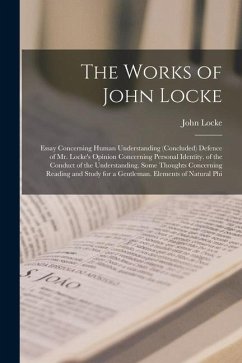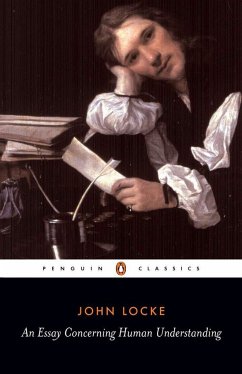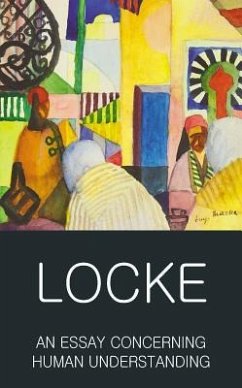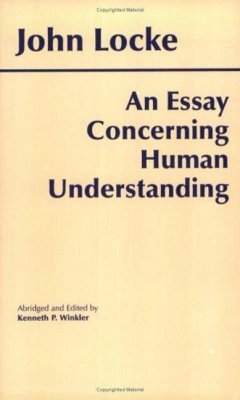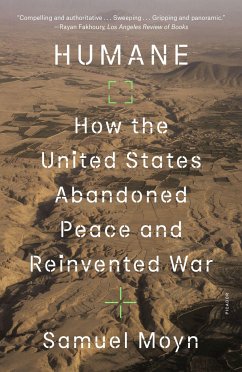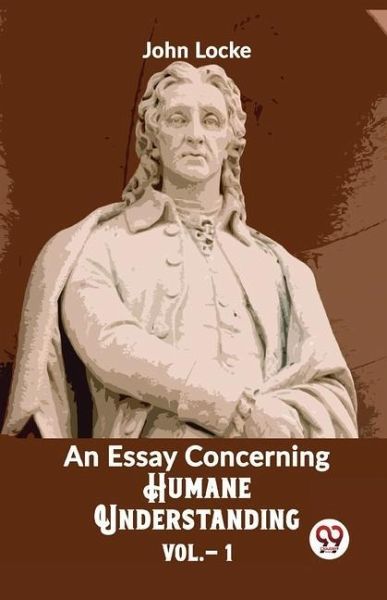
An Essay Concerning Humane Understanding Vol 1

PAYBACK Punkte
9 °P sammeln!
An Essay Concerning Human Understanding-Volume 1' is a groundbreaking work by John Locke that explores the nature of human knowledge and understanding. In the book's first volume, Locke argues that the human mind is like a blank slate, or "tabula rasa," at birth and that all knowledge is acquired through experience and observation. Locke delves into the mechanics of human perception and cognition, exploring the ways in which we acquire knowledge and form beliefs about the world around us. He argues that all knowledge is ultimately derived from sensory experience and that our understanding of t...
An Essay Concerning Human Understanding-Volume 1' is a groundbreaking work by John Locke that explores the nature of human knowledge and understanding. In the book's first volume, Locke argues that the human mind is like a blank slate, or "tabula rasa," at birth and that all knowledge is acquired through experience and observation. Locke delves into the mechanics of human perception and cognition, exploring the ways in which we acquire knowledge and form beliefs about the world around us. He argues that all knowledge is ultimately derived from sensory experience and that our understanding of the world is shaped by the way our minds process and interpret this sensory input. Throughout the book, Locke provides a rigorous and detailed analysis of the workings of the human mind, examining everything from the nature of ideas and concepts to the role of language and communication in shaping our understanding of the world. 'An Essay Concerning Human Understanding' is a foundational work in the field of philosophy, and continues to be studied and debated by scholars to this day.





